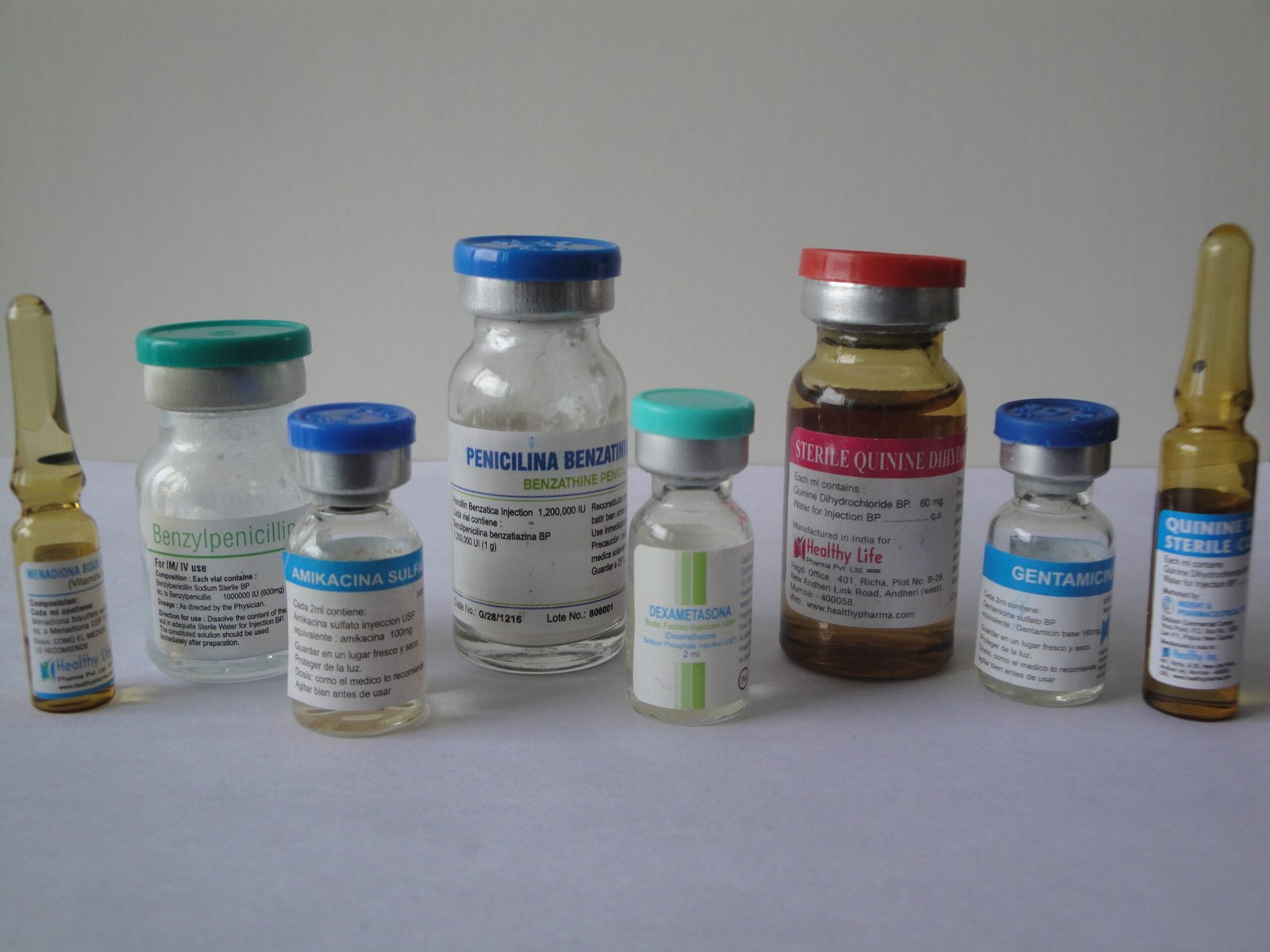Description
METHYLERGOMETRINE INJECTION
Methylergometrine is a medication that is used to prevent or control excessive bleeding (postpartum hemorrhage) after childbirth. It is often administered as an injection. Methylergometrine is a synthetic ergot alkaloid, and its action is similar to that of naturally occurring ergot alkaloids.
Here are some key points about Methylergometrine Injection I.P.:
Indication: It is primarily used to manage postpartum hemorrhage (excessive bleeding after childbirth).
Mechanism of Action: Methylergometrine acts by stimulating the smooth muscles of the uterus (womb), causing it to contract. This helps in reducing bleeding after childbirth.
Administration: It is usually administered as an intramuscular (IM) injection, typically after the delivery of the baby and the placenta. In some cases, it may be given intravenously.
Dosage: The dosage may vary depending on the specific clinical situation and the healthcare provider’s prescription. It is important to follow the recommended dosage and administration guidelines.
Contraindications: Methylergometrine may be contraindicated in certain conditions, such as hypersensitivity to ergot alkaloids, severe hypertension, and conditions where increased uterine tone is undesirable.
Side Effects: Common side effects may include nausea, vomiting, headache, and abdominal pain. In some cases, it can cause hypertension (high blood pressure), so it should be used cautiously, especially in individuals with pre-existing hypertension.
Precautions: It should be used with caution in individuals with a history of cardiovascular diseases, renal impairment, or hepatic dysfunction. Close monitoring is advisable during its administration.
Pregnancy and Breastfeeding: Methylergometrine is generally not used during pregnancy but is administered after childbirth. It may pass into breast milk, so its use should be carefully considered in breastfeeding women.
As with any medication, it is crucial to use Methylergometrine under the guidance of a healthcare professional who can assess the individual’s specific health conditions and determine the appropriate dosage and timing for administration. This information is provided for general understanding, and it is not a substitute for professional medical advice.
Methylergometrine is a medication that is commonly used to prevent or control excessive bleeding (postpartum hemorrhage) after childbirth. It belongs to the ergot alkaloid class of drugs and acts on smooth muscles, including those in the uterus.
The term “Injection I.P.” stands for “Intra Peritoneal,” which means the medication is intended for intramuscular or intravenous administration.
Here are some key points about Methylergometrine:
Indication: It is primarily used to prevent or manage postpartum hemorrhage (excessive bleeding after childbirth). It helps the uterus to contract, reducing the risk of bleeding.
Mode of Action: Methylergometrine stimulates uterine contractions by acting on smooth muscle cells. This contraction helps to control bleeding by reducing the size of blood vessels in the uterine wall.
Administration: The medication is usually administered by a healthcare professional. It can be given through intramuscular (IM) injection or intravenous (IV) infusion.
Dosage: The dosage may vary depending on the specific medical condition, the patient’s response to the medication, and the healthcare provider’s prescription. It is important to follow the prescribed dosage and administration instructions carefully.
Contraindications: Methylergometrine is generally contraindicated in patients with hypertension, preeclampsia, eclampsia, and other cardiovascular conditions. It should be used with caution in patients with hepatic or renal impairment.
Side Effects: Common side effects may include nausea, vomiting, headache, dizziness, and abdominal pain. It is important to report any severe or persistent side effects to a healthcare provider.
Precautions: This medication should be used cautiously in patients with certain medical conditions, and it is important for healthcare providers to be aware of the patient’s medical history before prescribing it.
It’s crucial for individuals to consult their healthcare providers for personalized advice and information about any medication, including Methylergometrine. The information provided here is for general knowledge and should not substitute professional medical advice.
Methylergometrine is a medication used to prevent or control excessive bleeding (postpartum hemorrhage) after childbirth or abortion. It is a synthetic ergot alkaloid that acts on smooth muscle, particularly in the uterus, to cause uterine contractions and reduce bleeding. Methylergometrine is available in various formulations, including injections.
The “I.P.” in “Methylergometrine Injection I.P.” stands for “Indian Pharmacopoeia,” indicating that the medication complies with the standards set by the Indian Pharmacopoeia, which is a comprehensive book of drug standards published by the Indian Pharmacopoeia Commission.
It’s important to note that methylergometrine should be used under the supervision of a qualified healthcare professional, and its administration should be based on the individual patient’s needs and medical condition. As with any medication, there may be contraindications, potential side effects, and precautions that need to be considered. Always follow the advice and prescription provided by a healthcare provider when using methylergometrine or any other medication.



